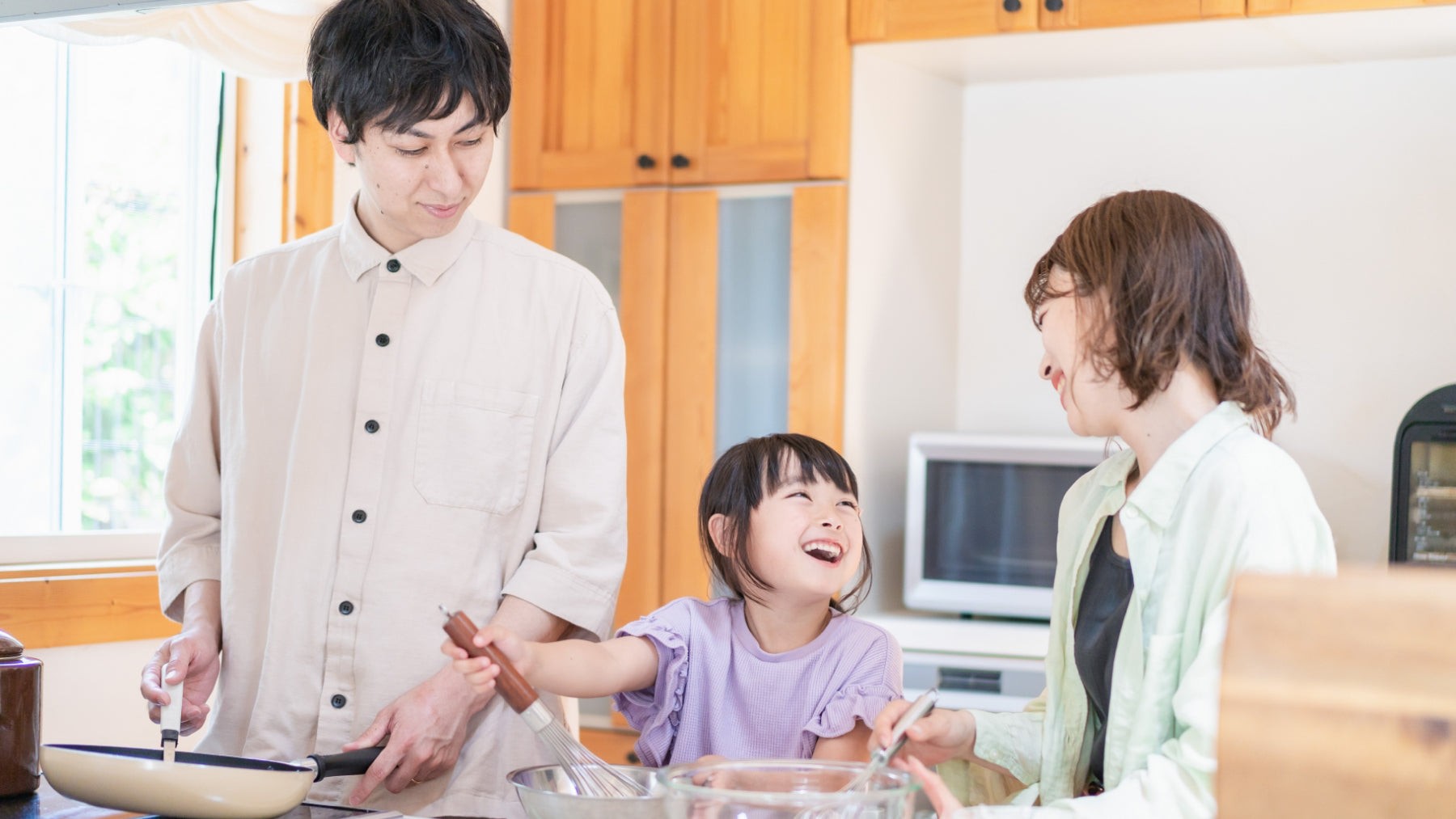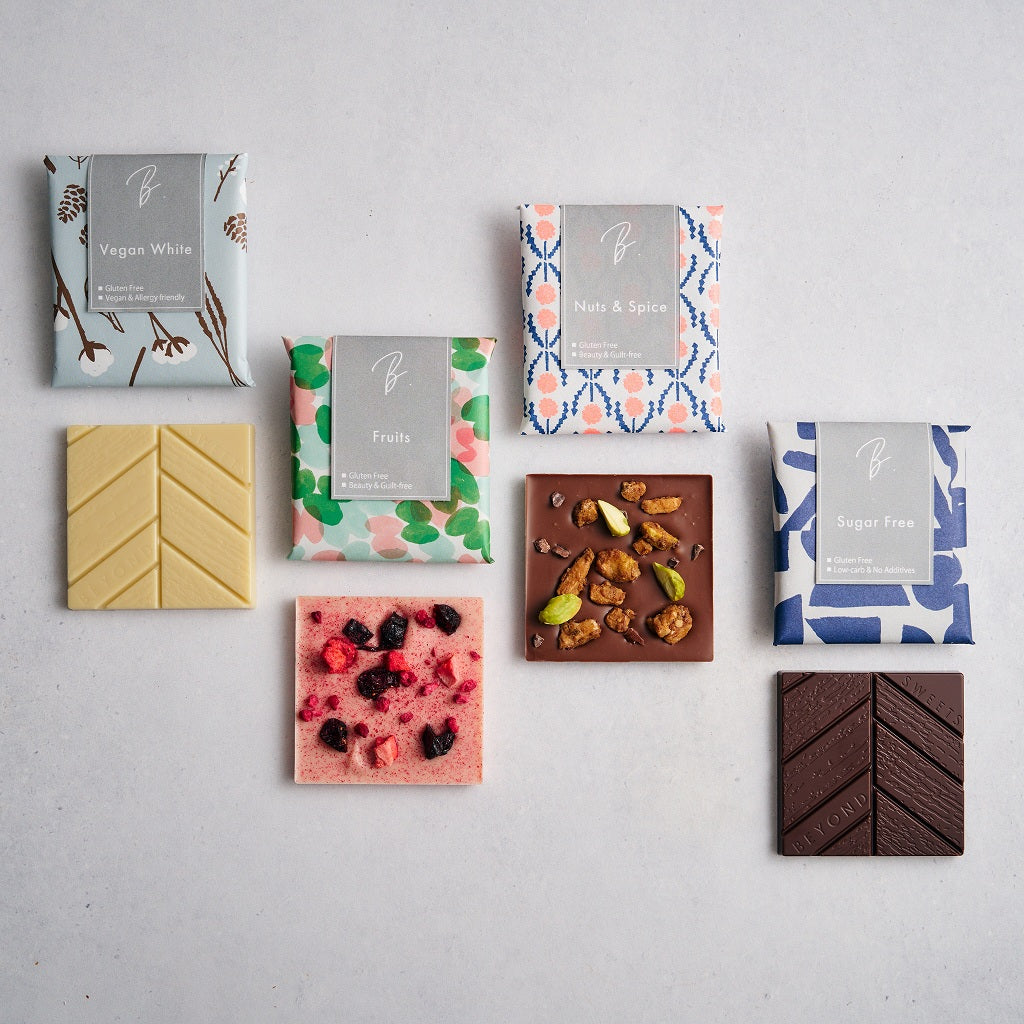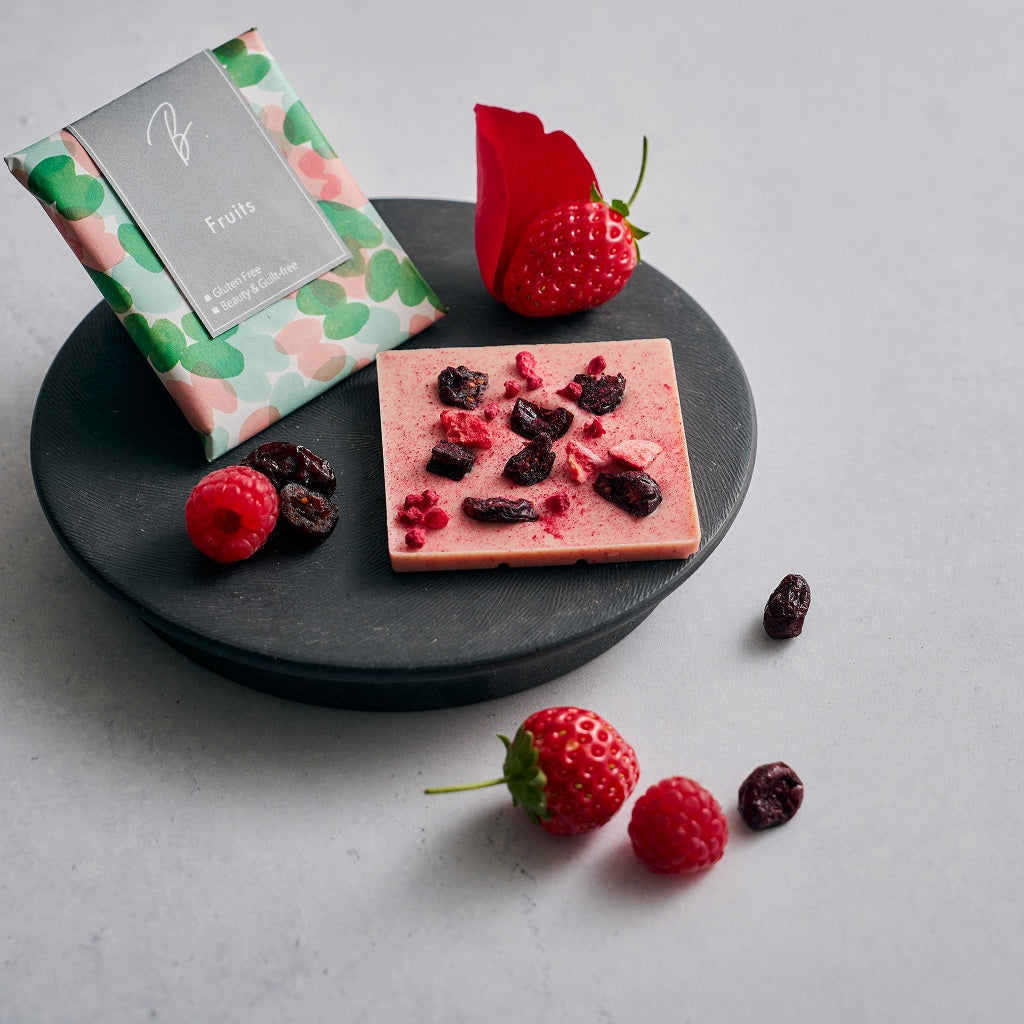
Are food allergies treatable?
-Treatment, hope, and how to cope with everyday life-
Food allergy.
It is a familiar yet serious health issue in which the food we eat on a daily basis can sometimes be life-threatening. The number of patients with allergies in Japan is increasing year by year, and many children develop allergies during infancy.
Will this allergy ever go away?
Many people, either as parents of children with allergies or as the children themselves, live with this question. So, is there actually a way to "cure" them? Or is it something you have to live with for the rest of your life? In this article, I would like to explore the current state of food allergies, future prospects, and how to deal with them.
■ Types of food allergies and their differences
The first thing you need to know is that there are different types of food allergies, and the ease of recovery and the methods of treatment vary greatly depending on the type.
Generally, "transient" allergies (e.g. eggs, milk, wheat) that are common in infancy can develop tolerance as children get older, and symptoms may disappear naturally. In particular, even if a child develops allergies at age 2-3, more than half of the children experience improvement or disappearance of symptoms by age 5-7.
On the other hand, allergies to peanuts, nuts, seafood (especially shellfish), buckwheat, etc. tend to cause severe symptoms and persist for a long period of time. These tend to persist even after adulthood, and are primarily managed rather than cured.
■ Hope of immunotherapy
Advances in treatment cannot be overlooked. In recent years, oral immunotherapy (OIT) has been attracting attention. This is a treatment in which, under the supervision of a specialist, a patient regularly ingests very small amounts of allergens to allow the body to become accustomed to them. By gradually increasing the amount ingested over a period of several months to several years, the aim is to reduce hypersensitive reactions to allergens and lower the risk of accidentally ingesting them.
However, immunotherapy has side effects and is not suitable for everyone. There is also a risk of anaphylaxis (a severe allergic reaction) during treatment, so self-administration is dangerous.
Furthermore, the goal of this therapy is not to achieve a complete cure, but rather to acquire realistic resistance, such as preventing the disease from becoming serious even if the patient accidentally ingests the substance in their daily lives, and building up the body's ability to eat small amounts.
■ The importance of "facing" rather than "curing"
When a person is diagnosed with a food allergy, both the family and the person themselves have to be careful in many aspects of their lives. School lunches, eating out, traveling, dining out with friends -- everything has to be taken care of. That is why the hope of a "cure" is so attractive, and sometimes it can be a pressure.
However, since there is currently no universal treatment, the most important thing is to "learn how to live safely and reduce mental and physical stress." Daily efforts such as coordinating with schools and daycare centers, checking allergen labels, and always having an EpiPen on hand will save your life.
And above all, society needs to adopt an attitude that accepts food allergies as "part of a person's personality," rather than viewing them as "something special." With the understanding and cooperation of those around them, the individual's self-esteem will increase, and they will be able to live a more fulfilling life than if they were "cured."
■ Hope for the future
Medicine is constantly evolving. The fundamental treatment of allergies, which is currently considered difficult, may become commonplace in a few years. In fact, clinical trials of new immunotherapy drugs and vaccines are currently underway overseas.
However, what we can do as people living in this moment is to stay up to date with the latest information, take steps to live our daily lives safely, and tell our children that having an allergy does not limit their choices in life.
Whether or not there will be a cure is certainly a big concern.
However, it is also important not to forget the importance of food and the gratitude for food that can be realized by learning about allergies.
・List of allergy-friendly sweets and cakes from BEYOND SWEETS>>
BEYOND SWEETS: A specialty store for healthy sweets
[Three categories of BEYOND SWEETS]
■BEYOND1 Beauty and Diet>>
■BEYOND2 Medical Sports>>
■BEYOND3 Allergy Friendly>>










